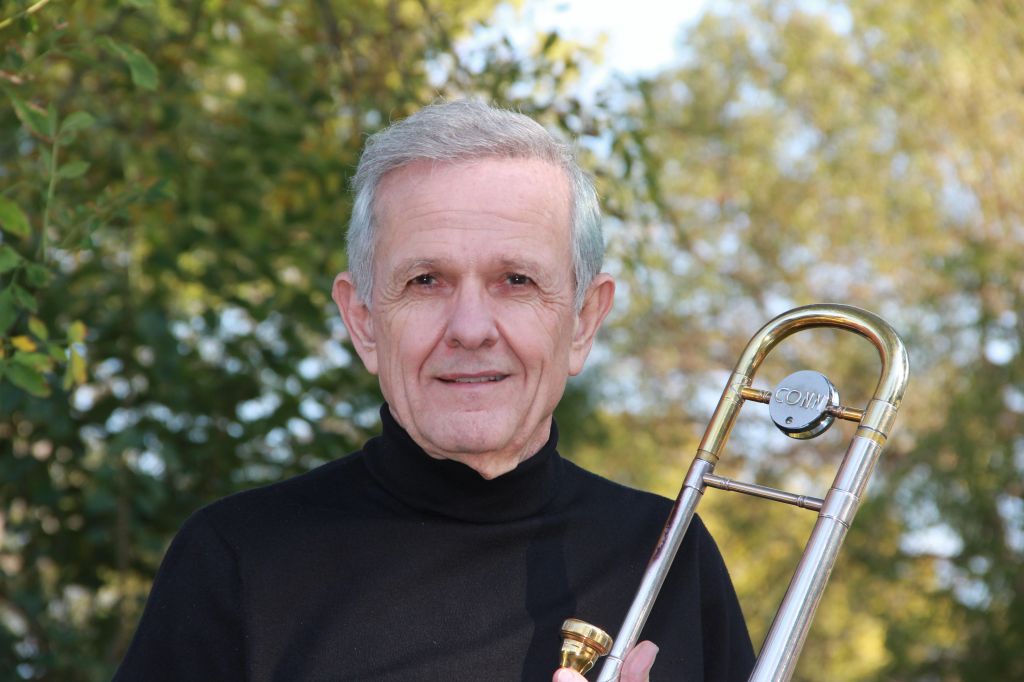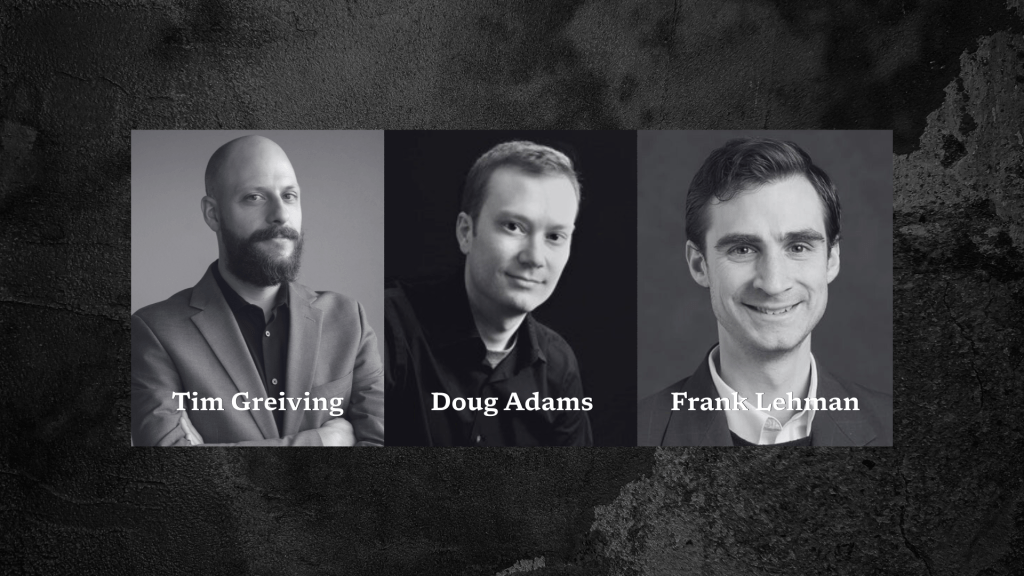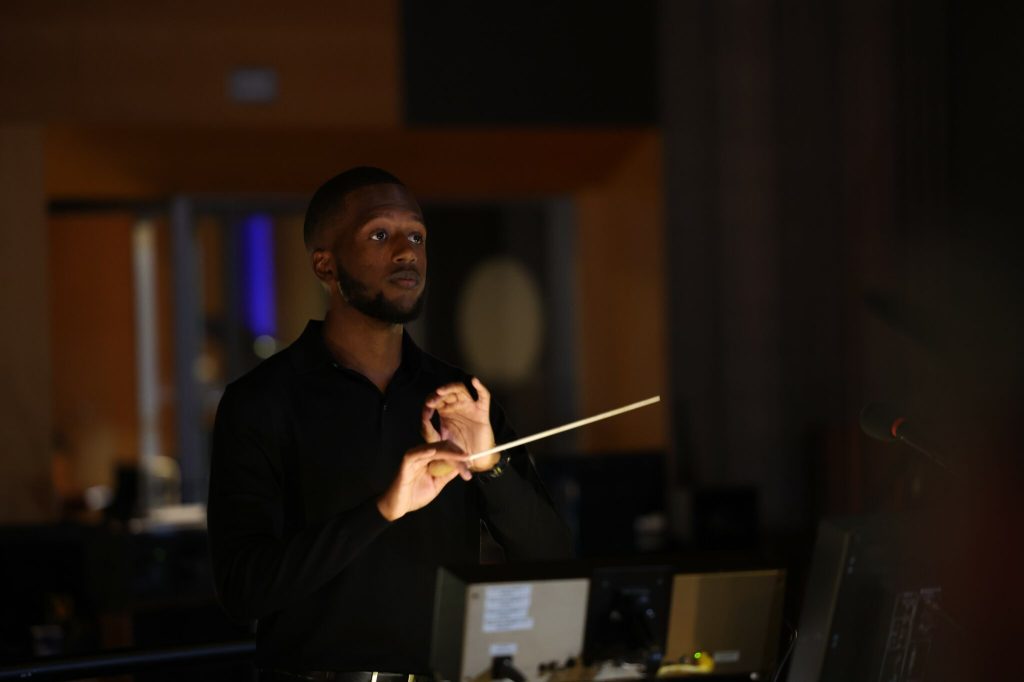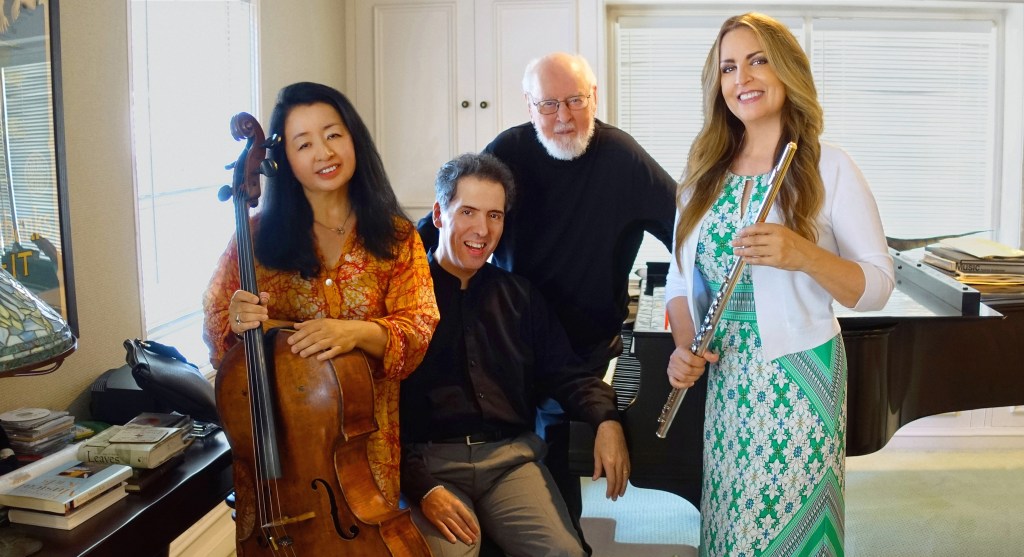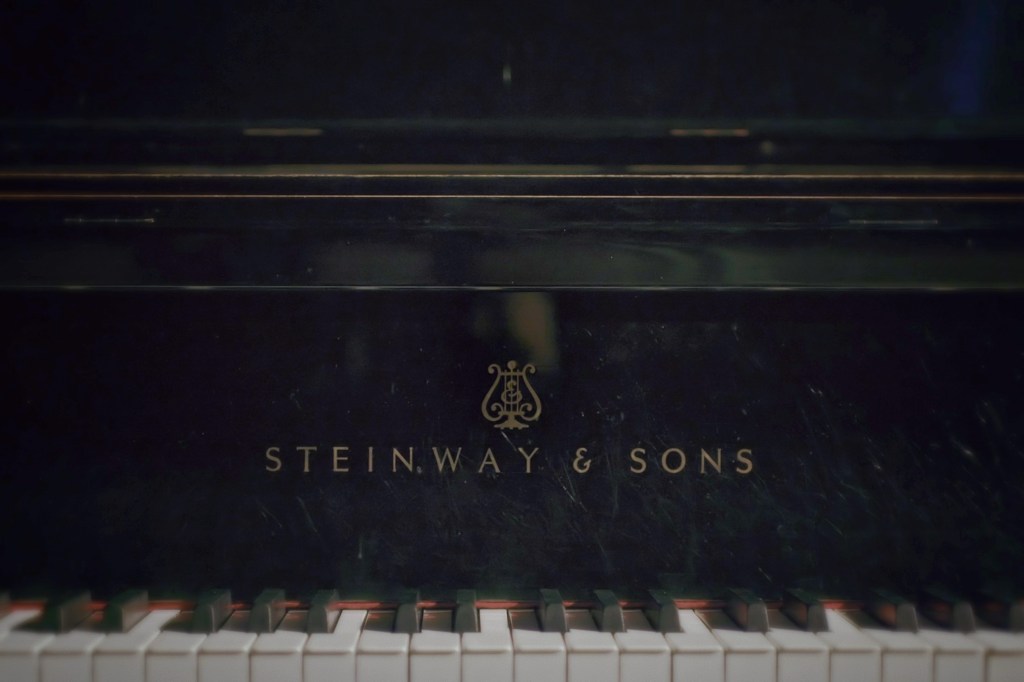William “Bill” Booth is one of the most respected veterans of the Los Angeles music scene and one of the most appreciated orchestral trombonists in the world. In a career spanning five decades, Bill Booth has performed on thousands of recording sessions, including a staggering amount of film and television soundtracks in Hollywood, thus becoming the leading trombonist in town. He has been the Principal Trombone for John Williams for all of the Maestro’s recordings in LA since 1991, performing on such legendary scores as Home Alone, Hook, Jurassic Park, Indiana Jones and the Kingdom of the Crystal Skull and the Star Wars sequel trilogy.

Bill Booth is a native of Missouri and studied at the University of Kansas, where he got his Bachelor in Music Education degree, and then went to Catholic University, acquiring a Masters of Music degree; he also got an MBA from the University of Nevada in Las Vegas. A proficient jazz trombonist during his youth (he mentions trombone legend J.J. Johnson as one of his role models), Booth continued on his musical path as a member of the United States Air Force, where he served from 1966 to 1969 and also played the jazz chair in the USAF Airmen of Note. After discharge, Bill started working as a freelance musician, a path that brought him finally to Los Angeles during the late 1970s: it was here that he started his career as a studio musician, thanks to his skills as a sight-reader and also for being well versed in both orchestral and big band settings.

Booth performed as trombonist in dozens of record dates with top singers and artists (including Frank Sinatra. and Barbra Streisand) and the jazz bands of Mike Barone and John Daversa; in the early 1980s, he also started being contracted regularly in hundreds of film and television soundtrack sessions, playing alongside some of the legendary studio trombonists still active in that era including Dick Nash, George Roberts and Lloyd Ulyate, all of whom were regular players for such composers as Henry Mancini, Jerry Goldsmith and John Williams among others and were playing on virtually every major film and television show of that era.

He became a regular of the John Williams’ trombone section in the mid-to-late 1980s, on such scores as The Witches of Eastwick, Indiana Jones and the Last Crusade and Always, in which he played together with the above-mentioned fellow trombonists and also other talented ones as Phil Teele and Alan Kaplan. But it was in the early 1990s, when a sort of “changing of the guard” of many of the principal Hollywood studio musicians happened, that Bill Booth finally seated the 1st trombone chair for John Williams (and also other top film composers like Goldsmith, James Horner, John Barry, Michael Kamen, Bruce Broughton and Randy Newman to name a few) in the orchestra contracted by Sandy DeCrescent, playing principal on big projects like Hook, Far And Away and Jurassic Park, all of which are some of his own personal favourites.

In the first chair position, Booth had the privilege of getting to know well John Williams’ style and also witnessing the Maestro’s stunning knowledge of the instrument: in addition to piano, Williams studied trombone in his teenage years and continued to practice until his youth, before focusing exclusively on the keyboard as his main instrument. Despite being very rarely put in a soloist role, trombone is the glue of the brass section, working between the heroic brilliance of the trumpets and the imposing nobility of the French Horns, often carrying the weight of the music in the low register of the orchestra (together with tuba) both as a textural element and as a rhythmic sustain. In this regard, the low brass section must always work in great synergy among its members and found in Bill Booth an ideal principal on such scores as Sabrina, Nixon, The Lost World: Jurassic Park, Amistad, Seven Years In Tibet, The Patriot, A.I. Artificial Intelligence, Minority Report, Catch Me If You Can, War of the Worlds, Indiana Jones and the Kingdom of the Crystal Skull, The Adventures of Tintin, War Horse, where he performed together with fellow LA trombonists Andy Malloy, George Thatcher and tuba player Jim Self. In addition to the film scores, Booth also performed as principal trombone for Williams on such recordings as Yo-Yo Ma Plays The Music of John Williams, American Journey and many of the themes and bumpers for NBC News recorded throughout the years.

Bill Booth kept being appointed as principal trombone for John Williams also after 2012, when another major changing of the guard in all sections happened. He performed on such scores as the Star Wars sequel trilogy, The BFG, The Post and more recently on Indiana Jones and the Dial of Destiny. He also performed on Williams’ score for the animated short film Dear Basketball by Kobe Bryant, the Sony Classical album The Spielberg/Williams Collaboration III (2017) and the Anne-Sophie Mutter collection Across The Stars in 2019. In these last few years, he often performed alongside Alex Iles, Bill Reichenbach and Phil Keen, with Doug Tornquist and Jim Self on tubas.

In addition to his work as a studio musician, Bill Booth kept a very active life also as a classical performer in live concerts. Currently, he is principal trombonist with the Los Angeles Opera, the Hollywood Bowl Orchestra and the Pasadena Symphony. He has also served as principal trombonist with the Pacific Symphony, the American Ballet Theatre Orchestra and the Joffrey Ballet Orchestra and in numerous performances with the Los Angeles Chamber Orchestra.
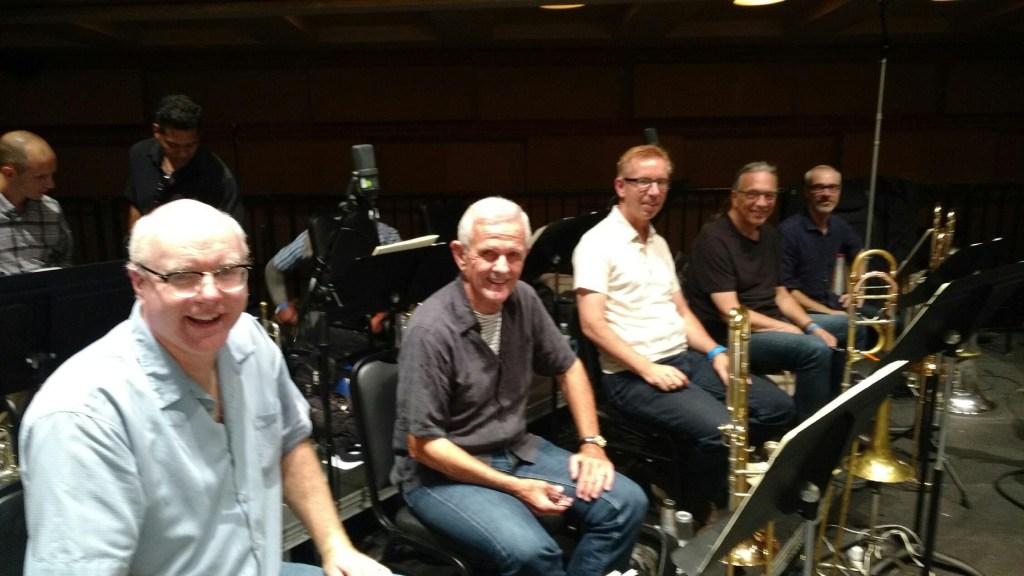
Bill also showed his great skills as recitalist in his solo album Balancing Act (1998), in which he performs transcriptions of classical pieces by Beethoven, Schumann and Ravel alongside contemporary works by Michael Convertino, Paul Creston and Anthony Plog. The recording was reviewed by the American Record Guide as “One of the finest solo trombone recordings ever made… executed with deft elegance”.
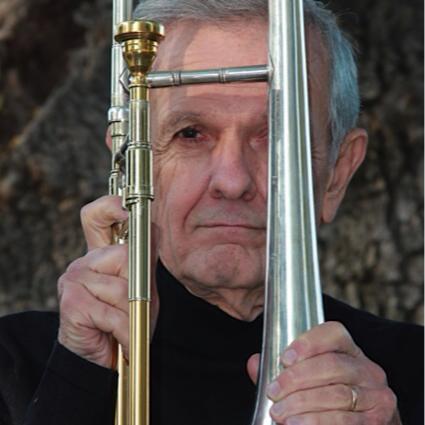

In this conversation, Bill Booth reflects on his career as a studio musician, chronicling the path that led him to Hollywood and becoming the leading studio trombonist for film and television. He talks at length about his many years playing for John Williams on dozens of his legendary film scores, reflecting on the special quality of the Maestro’s music and his affinity for the instrument as shown in many of his film scores including Hook, Jurassic Park and the Star Wars series.
Special Thanks to Jim Nova
List of music excerpts featured in the episode (all music by John Williams except where noted)
. David Raksin, “Laura”, performed by J.J. Johnson (trombone)
. “The Dance of the Witches” from The Witches of Eastwick (1987)
. “Remembering Childhood” from Hook (1991)
. “The Miami Convention, 1968” from Nixon (1995)
. “The Big Match” from Far And Away (1992)
. “The King Swings” from Checkmate (1960)
. “The Junge Chase” from Indiana Jones and the Kingdom of the Crystal Skull (2008)
. “The Attack on Jakku Village” from Star Wars: The Force Awakens (2015)
. Henry Mancini, “Slow and Easy” from the album The Music from Peter Gunn (RCA Victor, 1959); Dick Nash, trombone solo
. “Anderton’s Great Escape” from Minority Report (2002)
. “Welcome To Jurassic Park” and “T-Rex Rescue and Finale” from Jurassic Park (1993)
. “Scherzo For X-Wings” from Star Wars: The Force Awakens (2015)
. “Remembering Emilie, and Finale” from War Horse (2011)
. “Prologue” from Indiana Jones and the Dial of Destiny (2023)
. “Journey To Exogol” from Star Wars: The Rise of Skywalker (2019)
. “Meeting The Queen” from The BFG (2016)
. Irving Berlin, “Let’s Face The Music and Dance”, performed by Frank Sinatra, from the album Trilogy (Reprise Records, 1980)
. Robert Schumann, III. Rasch und mit Feuer, from Phantasiestücke, Op. 73 (arranged for trombone and piano), from the album Bill Booth: Balancing Act (Crystal Records, 1998)
. “Jubilee 350” from the album American Journey (Sony Classical, 2002)
